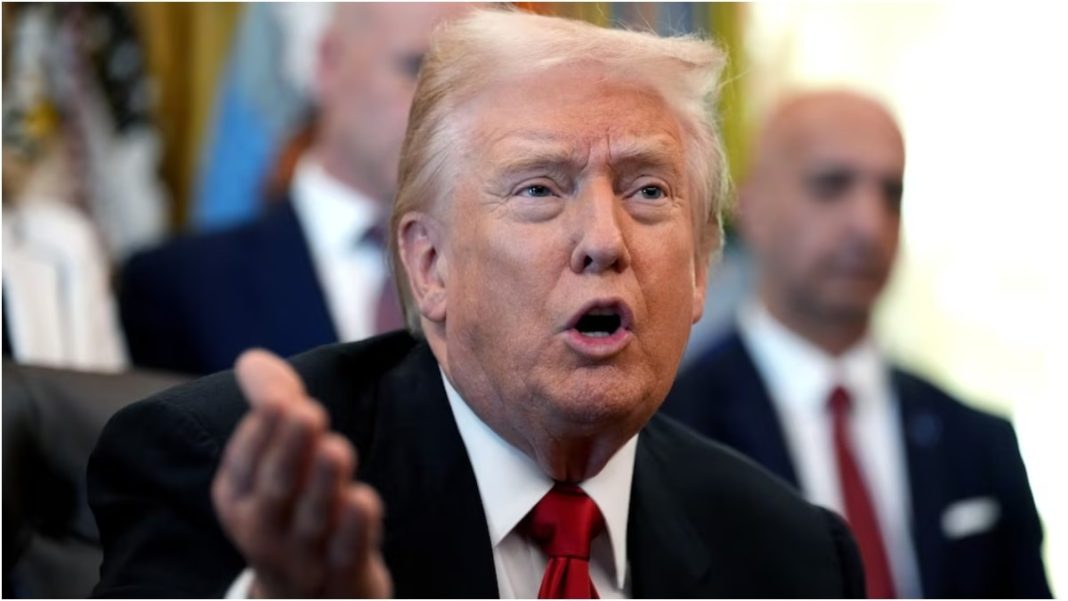Trump Administration Plans Tariff Rollback to Tackle Food Inflation
The Trump administration is preparing significant exemptions from its own tariffs in an effort to combat rising food prices, according to a New York Times report. This move signals a major recalibration of White House trade policy amid growing voter anxiety over the cost of living.
Key Details of the Proposed Tariff Exemptions
The proposed changes would affect reciprocal tariffs announced by President Donald Trump in April. These duties currently apply to products from countries without formal US trade deals.
- Exemptions under consideration include beef and citrus imports.
- Sources caution that no final decision has been made.
- Any shift on beef is considered politically sensitive, as it conflicts with Trump’s push for domestic production.
If enacted, this would represent a notable retreat from a key Trump economic policy, even as he continues to defend his tariff strategy.
Broader Scope Than Previous Plans
The current proposal appears more extensive than exemptions outlined in a September executive order, which would have limited waivers to goods not produced in the US from countries with formal trade agreements.
Commerce Secretary Howard Lutnick and US Trade Representative Jamieson Greer were tasked with evaluating over a thousand product categories, including:
- Metals and minerals
- Antibiotics and plane parts
- Agricultural goods like coffee, avocados, and vanilla beans
Administration Signals Coming Changes
Both President Trump and Treasury Secretary Scott Bessent have publicly indicated the policy shift.
“Coffee, we’re going to lower some tariffs,” Trump told Fox News host Laura Ingraham.
Bessent added in a separate Fox interview that Americans should expect “substantial announcements within days” on foods the US doesn’t produce domestically, including coffee and bananas.
Trump has recently floated the concept of a “tariff dividend” for Americans and acknowledged that consumers are bearing some cost from trade duties.




